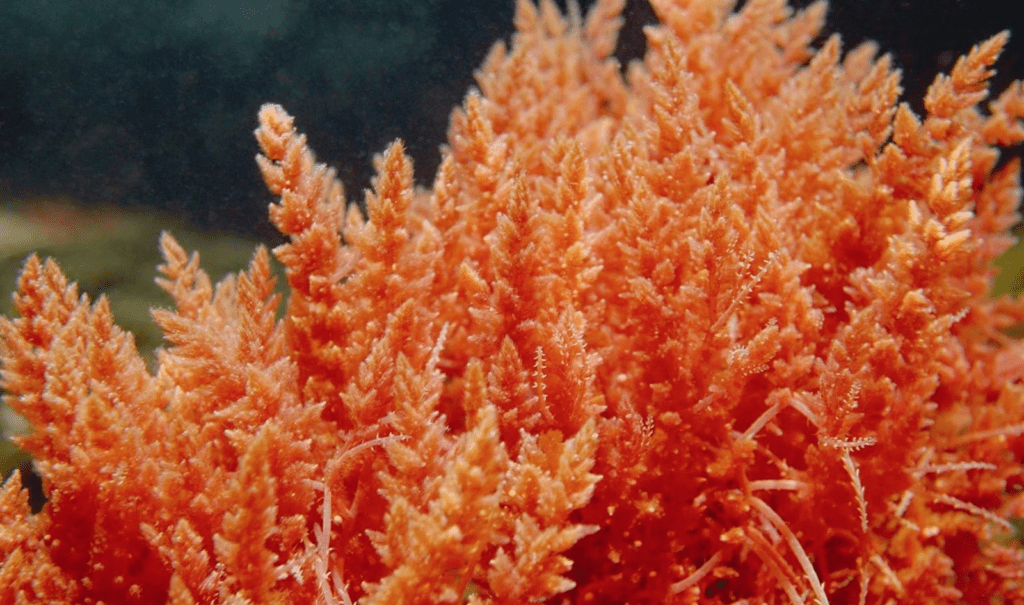Sea moss, also known as Irish moss or Chondrus crispus, is a type of seaweed that has gained popularity in recent years due to its potential health benefits. It is rich in nutrients like vitamins, minerals, and antioxidants, which have led many people to incorporate it into their diets. However, when it comes to the safety of sea moss consumption during pregnancy, there are a few important factors to consider.
Understanding Sea Moss
Sea moss is a type of red algae that grows along the Atlantic coasts of Europe and North America. It is often used in culinary preparations, as a thickening agent in desserts, or as an ingredient in smoothies and beverages. Sea moss is known for its high content of iodine, potassium, magnesium, and other essential minerals that can support overall health.
Also read – Exploring the Fascinating Marine Life of Banda Sea – Interesting Facts
The Safety of Sea Moss During Pregnancy
While sea moss is generally considered safe for consumption, it is crucial for pregnant women to exercise caution. The main concern lies in the iodine content of sea moss. Iodine is an essential mineral that plays a vital role in thyroid function and the development of the baby’s brain and nervous system. However, excessive iodine intake during pregnancy can have adverse effects.
Iodine Requirements During Pregnancy
During pregnancy, the recommended daily iodine intake increases to support the developing baby’s needs. The World Health Organization (WHO) suggests a daily iodine intake of 250 micrograms (mcg) for pregnant women, which is higher than the recommended intake for non-pregnant adults. Adequate iodine intake is crucial for the baby’s brain development and overall growth.
The Iodine Content in Sea Moss
Sea moss is naturally rich in iodine, with varying levels depending on the specific batch and growing conditions. The iodine content in sea moss can range from 16 to 1,000 mcg per gram. Due to this variability, it is challenging to determine the exact iodine content in each serving of sea moss.
Balancing Iodine Intake
Pregnant women need to strike a balance between ensuring adequate iodine intake for fetal development and avoiding excessive iodine intake. Consuming too much iodine during pregnancy can disrupt thyroid function, leading to complications such as goiter or thyroid dysfunction in both the mother and the baby.
Consultation with Healthcare Provider
Given the potential risks associated with excessive iodine intake, it is advisable for pregnant women to consult their healthcare provider before consuming sea moss or any other iodine-rich supplement. Healthcare providers can assess the individual’s iodine needs based on their specific circumstances and advise on the appropriate intake.
Alternatives for Nutrient Intake
If sea moss is not recommended or the iodine intake needs to be regulated, pregnant women can explore alternative sources of essential nutrients. Prenatal vitamins specifically formulated for pregnancy often contain adequate levels of iodine and other necessary nutrients. A well-balanced diet that includes iodine-rich foods like seafood, dairy products, eggs, and fortified grains can also help meet the iodine requirements during pregnancy.
Conclusion
While sea moss can be a nutritious addition to a healthy diet, pregnant women should exercise caution due to its iodine content. Excessive iodine intake during pregnancy can have adverse effects on thyroid function.
It is important for pregnant women to consult their healthcare provider to determine their specific iodine needs and whether consuming sea moss is appropriate for them. Healthcare providers can guide pregnant women on alternative sources of essential nutrients to ensure a healthy pregnancy and the optimal development of the baby’s brain and nervous system.
Also Read Why is Sea Buckthorn Harvested at Night?

